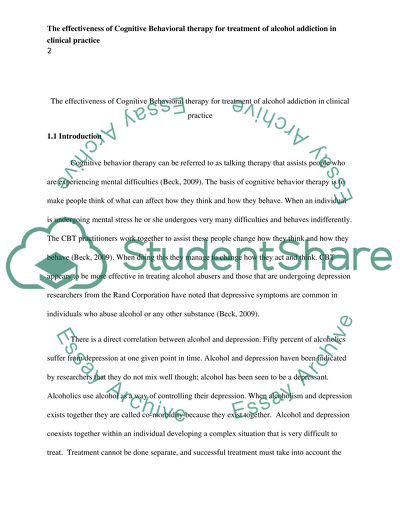Cite this document
(“Cognitive Behavioural Therapy for Treatment of Alcohol Addiction Literature review”, n.d.)
Retrieved from https://studentshare.org/psychology/1439039-what-is-the-evidence-for-the-effectiveness-of
Retrieved from https://studentshare.org/psychology/1439039-what-is-the-evidence-for-the-effectiveness-of
(Cognitive Behavioural Therapy for Treatment of Alcohol Addiction Literature Review)
https://studentshare.org/psychology/1439039-what-is-the-evidence-for-the-effectiveness-of.
https://studentshare.org/psychology/1439039-what-is-the-evidence-for-the-effectiveness-of.
“Cognitive Behavioural Therapy for Treatment of Alcohol Addiction Literature Review”, n.d. https://studentshare.org/psychology/1439039-what-is-the-evidence-for-the-effectiveness-of.


